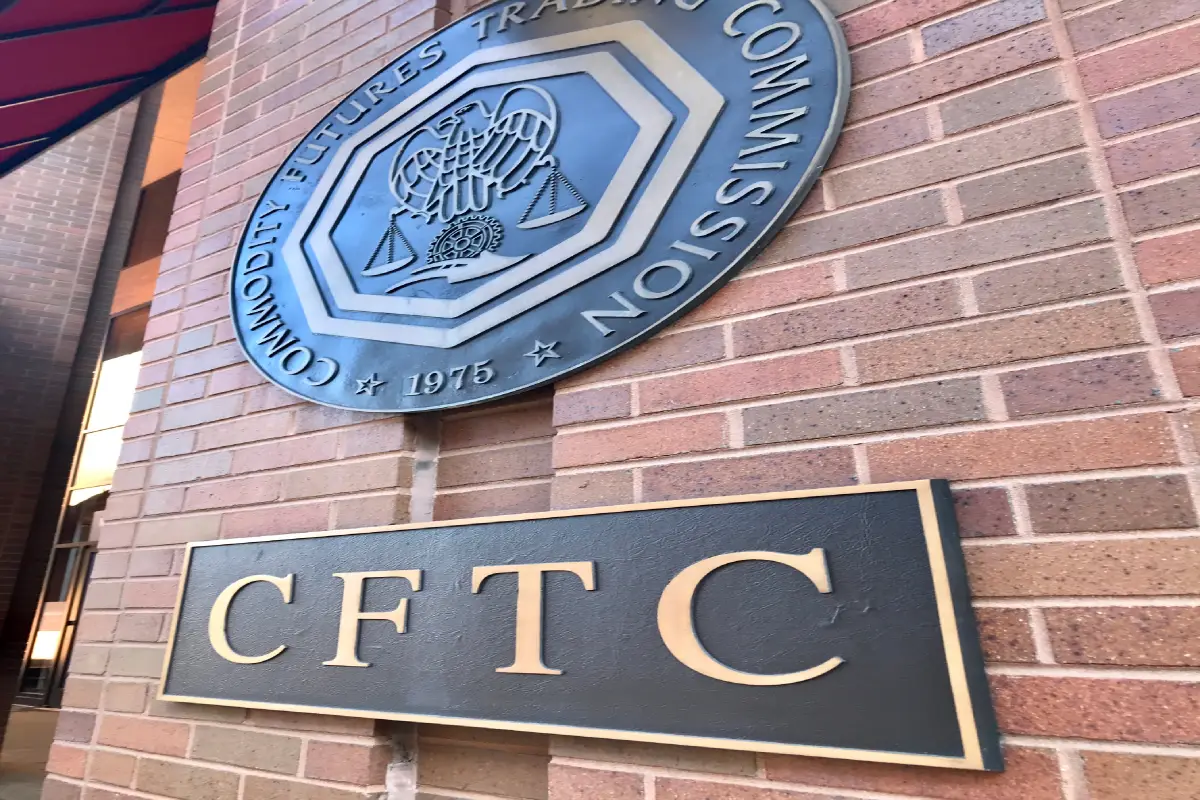CFTC Commissioner Kristin Johnson announced that her final day at the Commodity Futures Trading Commission would be Sept. 3. Once she leaves, Acting CFTC Chairman Caroline Pham will be the only remaining commissioner until the Senate confirms a permanent chair.
Johnson alluded to her proposals in her farewell address, including “the integration of artificial intelligence in financial markets, domestic and international collaboration through regulators’ roundtables and colleges, and critical market structure and customer protection reforms….” Near the end of her remarks, she raised her concerns about abandoning industry guardrails in the name of growth:
“In advancing an agenda in the name of growth, it is critical not to dismantle the foundational resilience that supports financial stability and protects the broader economy. Sustainable growth depends on, or better stated, is built upon a regulatory framework that ensures markets remain resilient in the face of volatility, uncertainty, and stress…There is no true conflict between advancing the potential for growth and preserving market stability or integrity.”
Johnson’s exit coincides with the rapid growth of the prediction market industry, conflicts over event contracts on sports and elections, and the agency’s looming responsibility for regulating crypto. Even the CFTC itself is facing scrutiny.
Low CFTC morale amid impending expansion
Less than a week before Johnson announced her departure, Bloomberg reported on the internal turmoil the CFTC was experiencing. Job cuts throughout the summer hit about two dozen people on top of employees who chose to take Elon Musk’s buyout offer when DOGE’s influence was at its peak.
CFTC lawyers have also become hesitant to bring cases against companies to avoid the logjam of one Republican and one Democratic commissioner failing to reach an agreement. One attorney told Bloomberg that they couldn’t even “obtain bank records.”
The likely permanent chair, Brian Quintenz, still hasn’t been confirmed by the Senate. Quintenz is a Kalshi board member, the former head of crypto policy at a16z, and a former CFTC commissioner (from 2017 to 2021). His vote out of the Senate Agricultural Committee has been delayed twice, first by a Republican Senator’s flight delay and second by the White House.
A FOIA request uncovered communication between Quintenz and the CFTC about pending matters before the commission, including information about Polymarket and PredictIt, two Kalshi competitors. The Winklevoss twins also came out against Quintenz, objecting to his wanting additional staff and funding to regulate crypto.
However, a joint letter signed by seven crypto and DeFi organizations rallied behind Quintenz, saying he had the “singular capacity” to chair the CFTC as it prepares to regulate crypto.
Meanwhile, prediction markets pose their own challenges for the agency.
Prediction market challenges for the CFTC ahead
As prediction markets offer event contracts on new subjects, the CFTC will have to keep up with the new events, resolution terms, and settlement processes.
That set of responsibilities will become more important once Polymarket returns to the United States.
While Kalshi has sole discretion in how to settle its markets according to its rules, Polymarket uses the UMA Oracle to resolve its markets. The voting process has opened the door for some influential “whales” to resolve markets in their favor instead of how events actually unfolded. For example, Polymarket whales voted to resolve that Volodimir Zelenskyy did not wear a suit even though he wore one to a NATO summit.
Johnson’s concerns about allowing growth while simultaneously “preserving market stability or integrity” could come to life if Polymarket is able to continue resolving markets with the UMA Oracle. Having Donald Trump Jr. as an advisor and backer may not be enough to shield the company from scrutiny if a market is incorrectly resolved under the CFTC’s jurisdiction.

























